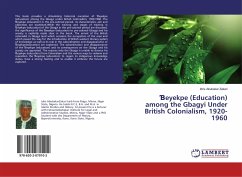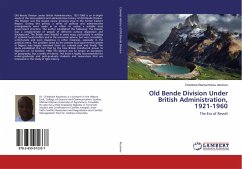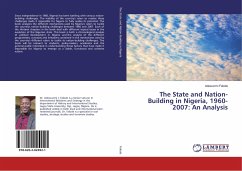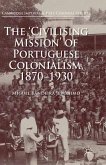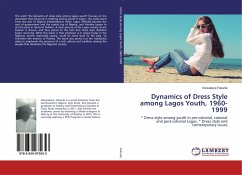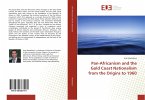This book provides a stimulating historical narration of eyekpe (education) among the Gbagyi under British Colonialism, 1920-1960. The eyekpe (education) in the pre-colonial period, its characteristics, aim and objectives are examined.While the training and stages of training in eyekpe (education) of the Gbagyi in the pre-colonial period are discussed, the significance of the eyekpe (education) to pre-colonial Gbagyi and his society is explicitly made clear in the book. The arrival of the British colonialist in Gbagyi land which occasion the occupation of the area and which paved the way for the introduction of British western literacy system of knowledge as well as its role in the subordination and disappearance of eyekpe(education) are explained. The subordination and disappearance of the eyekpe (education) and its consequences on the Gbagyi and his society are appraised. The reasons why the Gbagyi is unable to divorce his eyekpe (education) from Colonialism and the various ways to redeem and reposition the eyekpe (education) to regain its indigenous knowledge status, have a strong footing and to enable it embrace the future are explored.
Bitte wählen Sie Ihr Anliegen aus.
Rechnungen
Retourenschein anfordern
Bestellstatus
Storno

